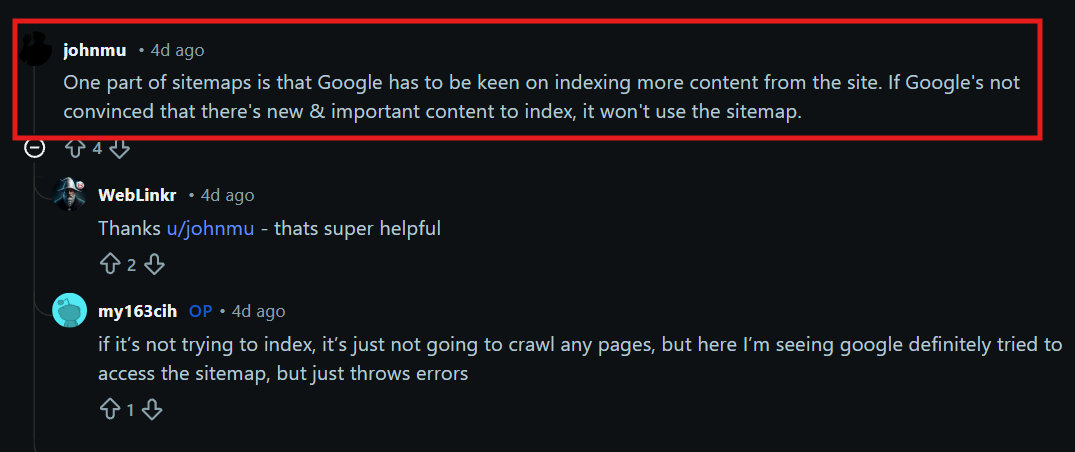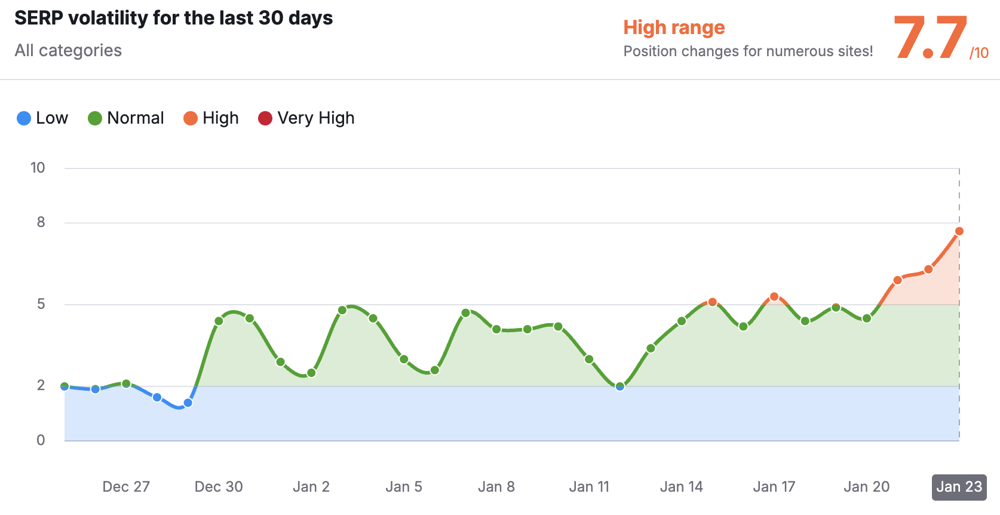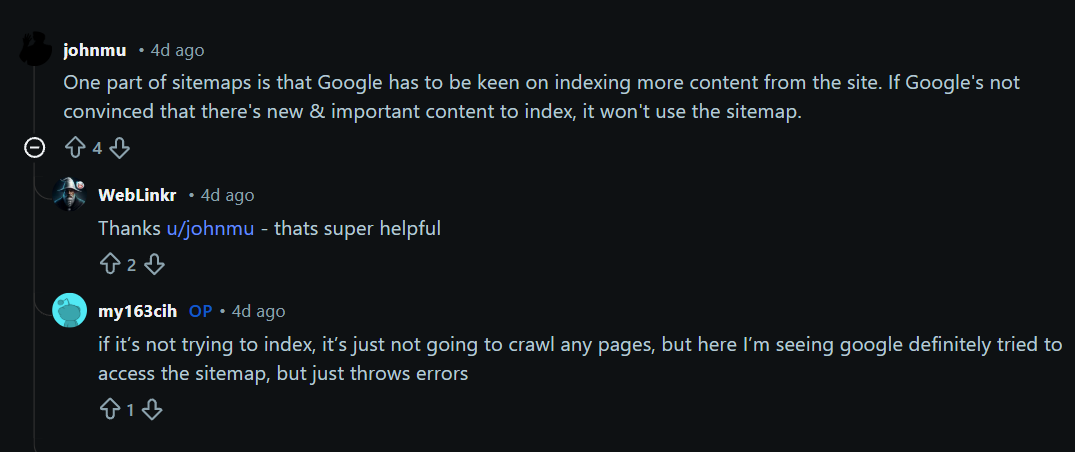Since the rollout of Google’s AI Overviews in May 2024, it is clear that something has fundamentally changed in how we interact with search.
And now, thanks to a new report from Similarweb, we finally have numbers to back up what many SEOs, publishers and digital marketers have suspected for a while:
More people are searching but not clicking.
According to Similarweb’s July 2025 report, the share of zero-click searches on Google, that is, search sessions where users do not click on any link after making a query has grown from 56% to a staggering 69% in just one year.
That is a 13-point jump. As someone who lives in content strategy and analytics, I always ask: What is the point of ranking on Google if users are no longer clicking?
What Does Similarweb’s Data Show About Zero-Click Growth?
The headline finding itself seems shocking 69% of Google searches now end without a click. That is nearly 7 out of every 10 searches.

This uptick closely aligns with the public rollout and growing prominence of Google AI Overviews (formerly Search Generative Experience), which started appearing more frequently in results for how-to questions, definitions, explanations and other informational queries. This has triggered a discussion among marketing professionals about the need of AI SEO service to future-proof their website.
But that is not all. Similarweb’s data also shows a sharp decline in organic traffic to websites and especially for news publishers. At its peak in mid-2024, organic traffic exceeded 2.3 billion visits per month. By May 2025, it had dropped to under 1.7 billion.

It means more than 600 million lost visits in less than 12 months.
What Are Google AI Overviews and Why Are They Causing This Shift?
Google’s AI Overviews are designed to answer your question directly in the search results often by pulling content from multiple web sources and using generative AI to present a unified response.
For example, if you search for “how to start a herb garden,” you might get:
- A multi-paragraph answer with steps
- Highlighted key points
- Links buried in footnotes (if any at all)
The result? Users feel they got their answer. It means no click needed and no traffic for the source websites.
And while it is an impressive use of AI, it also means fewer clicks, less engagement and shrinking ad revenue for the content creators whose information powers those responses
What About News Publishers—Are They Affected Too?
Interestingly, AI Overviews do not usually appear for news queries, at least not yet. Searches like “Biden signs new healthcare bill” or “Olympics 2028 updates” usually trigger Top Stories instead of AI summaries.
Still, the indirect impact on news sites is real. Many news publishers rely on organic traffic for non-headline content such as explainers, guides, evergreen content or lifestyle coverage. And that is exactly the kind of content AI Overviews are replacing.
Glenn Gabe, a well-known SEO expert, noted this trend on X:
The data about news publishers is interesting since AIOs don’t really trigger for news queries. But for other content on news publisher sites, I get the AIO impact. But again, do some searches for newsy topics. You’ll see Top Stories and no AIOs. See screenshot below. At least… https://t.co/bP01nuNK5B pic.twitter.com/BUxVcFJ0H0
— Glenn Gabe (@glenngabe) July 3, 2025
“Do some searches for newsy topics. You’ll see Top Stories and no AIOs. But for other content on news publisher sites, I get the AIO impact.”
So while breaking news still funnels clicks, broader content categories are getting cannibalized by AI.
Who’s Gaining Traffic Amid All This?
This might come as a surprise: while traditional search is seeing click declines, ChatGPT is sending more traffic to publishers.
According to Similarweb, referrals from ChatGPT to news sites grew 25x year-over-year. Platforms like Reuters, NY Post and Business Insider have been major beneficiaries of this surge.
How? ChatGPT is now integrated with real-time web access in tools like ChatGPT Plus with Bing and it often includes links to sources in its responses, sometimes more visibly than Google AI Overviews.

Still, not all publishers benefit equally. CNN, for instance, was notably absent from referral rankings, suggesting that publisher partnerships and source preferences in these AI systems play a role in who wins visibility.
But Isn’t the Web “Thriving,” According to Google?
Google executives continue to push back on claims that AI Overviews are harming web traffic. They argue that:
- People are searching more than ever
- The web remains a vibrant ecosystem
- Their updates are helping users get better answers, faster
However, even within Google’s own Search Console reports, site owners are noticing a clear trend: impressions are up but clicks are flat or declining.
The problem? Google does not break out the data between clicks from AI Overviews, regular search results or AI Mode. So publishers and SEOs are left guessing.
And as long as AI-generated answers sit above the organic results, fewer users are clicking through to actual sites, no matter what the internal data says.
Is This the Future of Search or a Warning?
The surge of zero-click searches from 56% to 69% in just a year is not just a data point. It is a signal. A signal that the way users consume information is changing, fast.
Google’s AI Overviews are clearly serving user intent. But are they also rewriting the economic model of the web? If creators can not earn from their traffic, how long can they keep producing quality content?
For now, we will keep watching the data, testing strategies and adapting. But one thing is sure: In the age of AI answers, visibility is no longer enough. If we want a thriving open web, we will need to build systems where both users and creators win.
Dileep Thekkethil
AuthorDileep Thekkethil is the Director of Marketing at Stan Ventures and an SEMRush certified SEO expert. With over a decade of experience in digital marketing, Dileep has played a pivotal role in helping global brands and agencies enhance their online visibility. His work has been featured in leading industry platforms such as MarketingProfs, Search Engine Roundtable, and CMSWire, and his expert insights have been cited in Google Videos. Known for turning complex SEO strategies into actionable solutions, Dileep continues to be a trusted authority in the SEO community, sharing knowledge that drives meaningful results.


